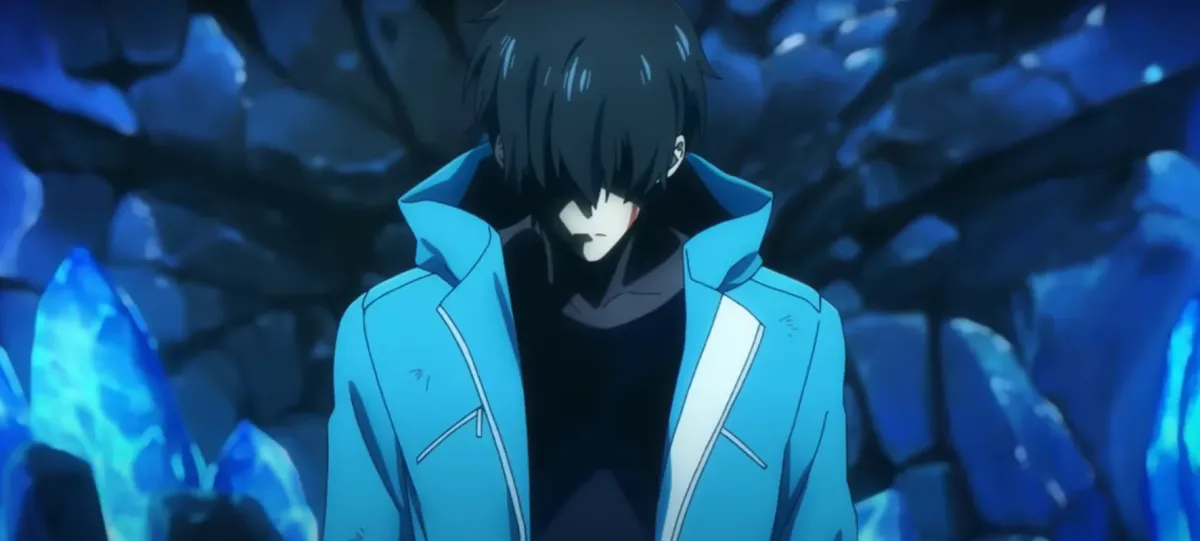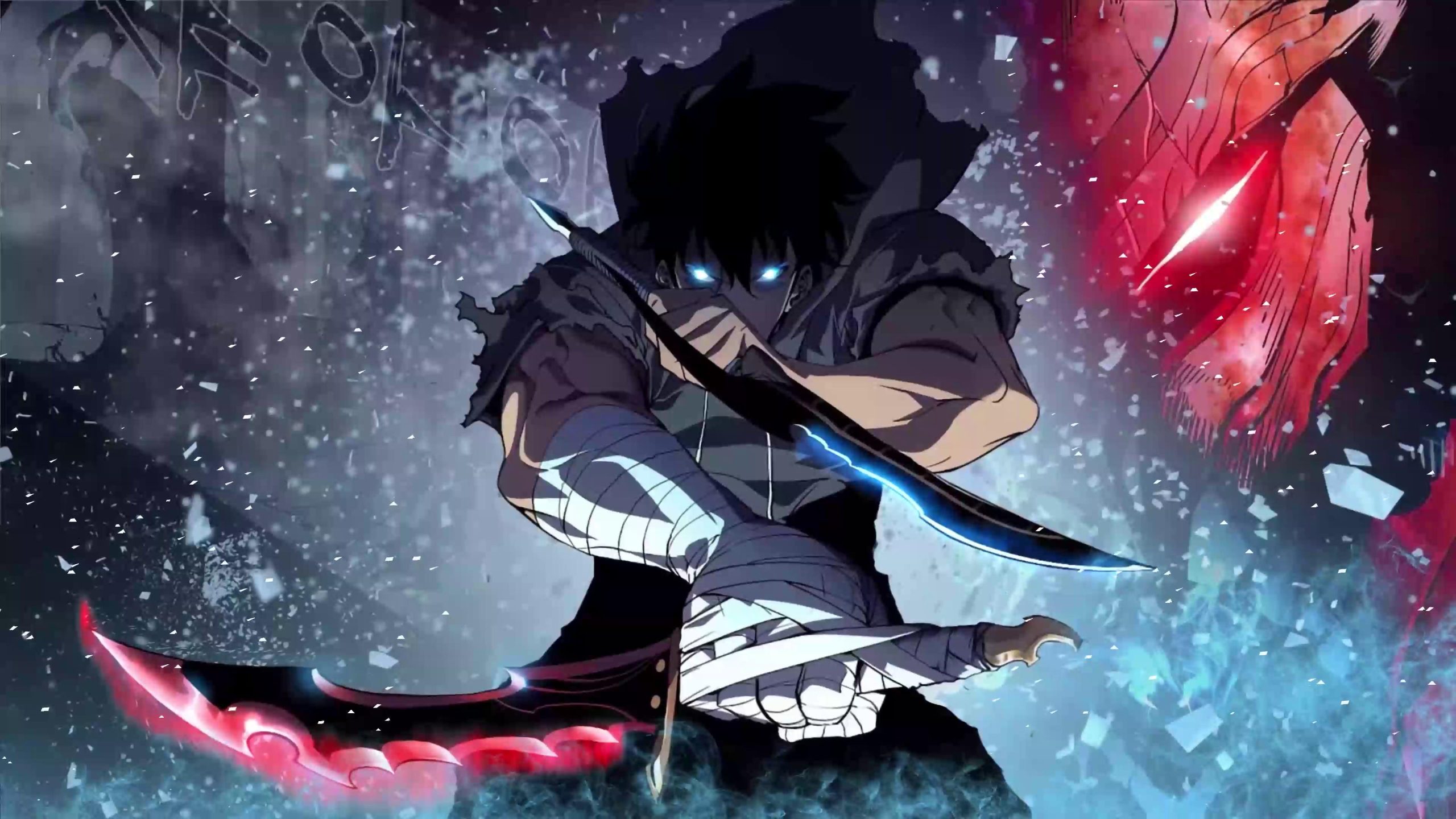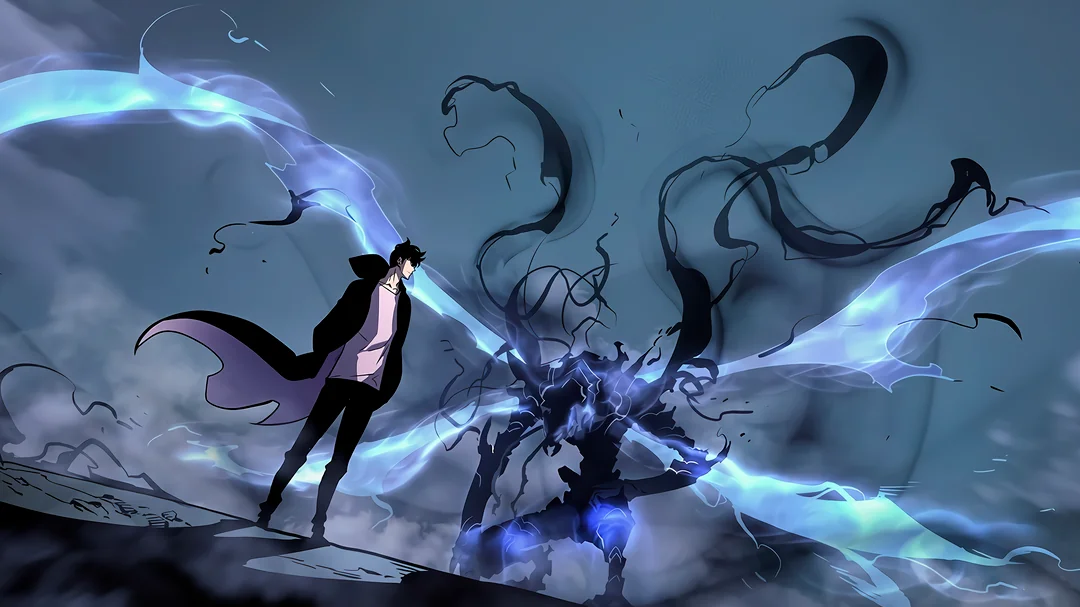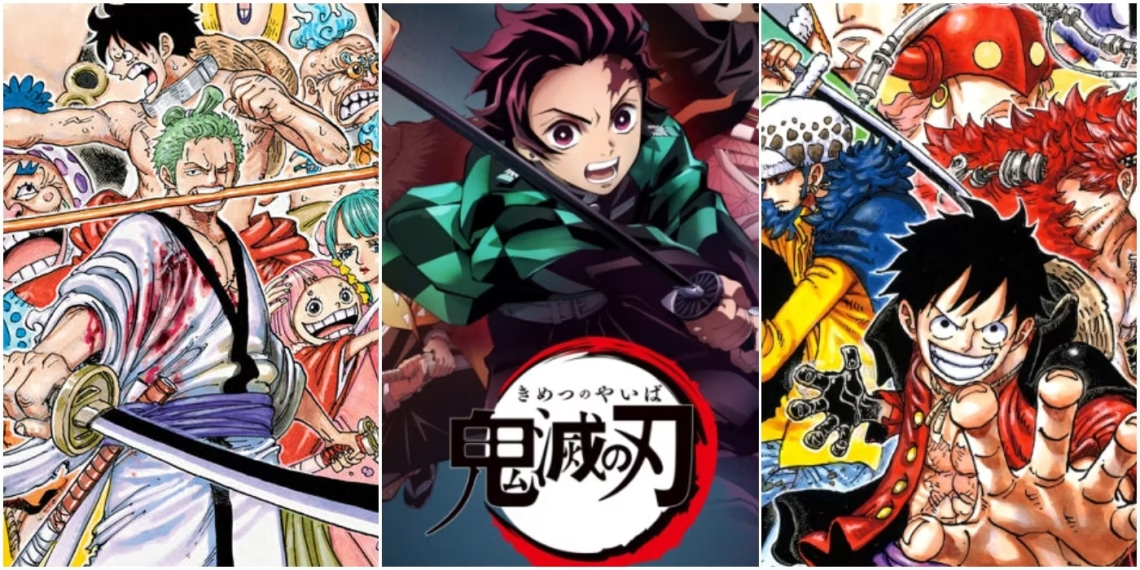North Korea has intensified its cultural censorship campaign by branding Japanese anime as “degenerate trash” and a threat to ideological purity. State media declared that consuming anime constitutes a violation of national values, warning that viewers may face imprisonment, labor camp sentences, or worse. The government blames anime for spreading “foreign mental contamination.”
This statement follows earlier crackdowns on South Korean dramas and Western films, but anime’s growing underground popularity among North Korean youth appears to have struck a nerve. As noted in a Radio Free Asia report, authorities now consider even possessing anime files or artwork as a subversive act, punishable under national security laws.
Cultural Warfare Behind the Ban

Analysts believe the extreme response reflects deeper anxieties about anime’s influence on younger generations. With its colorful characters, emotionally rich storytelling, and individualistic themes, anime clashes with North Korea’s rigid cultural narrative. The regime likely fears it may erode loyalty, especially among tech-savvy youth already exposed to smuggled foreign media.
Government officials claim anime promotes moral decay, perversion, and capitalist ideology. In public broadcasts, they’ve linked anime to “psychological destabilization” and “cultural infiltration” orchestrated by Japan and the West. Citizens are urged to report neighbors suspected of watching or trading anime, reinforcing the country’s pervasive surveillance culture.
Youth Risking Everything for Anime

Despite harsh penalties, anime remains popular in North Korea’s black markets. Foreign media—including anime episodes—are often imported via USB drives from China or South Korea. Some students reportedly gather in secret to watch fan-subtitled episodes of Naruto, Attack on Titan, and Your Name. Punishments for being caught include fines, forced labor, or political reeducation.
This mirrors earlier cases where teens were sentenced to years in labor camps for simply watching South Korean dramas. According to defector testimonies, anime content is spreading quietly through encrypted media transfers and hidden memory cards. The growing risk speaks to how deeply anime resonates—even behind one of the world’s most closed borders.
International Condemnation and Attention

The international community has condemned North Korea’s media crackdowns as a violation of human rights. Advocacy groups argue that access to global culture, including anime, should not be criminalized. Japan’s foreign ministry has yet to comment, but Korean activists abroad are calling for pressure on Pyongyang to end cultural censorship.
As the regime’s list of banned media grows, so too does the defiance of those determined to enjoy the stories that connect millions across the globe. While anime might seem trivial to outsiders, in North Korea, it’s a symbol of rebellion—and hope.
Also Read: 15 Anime That Sparked International Controversies




